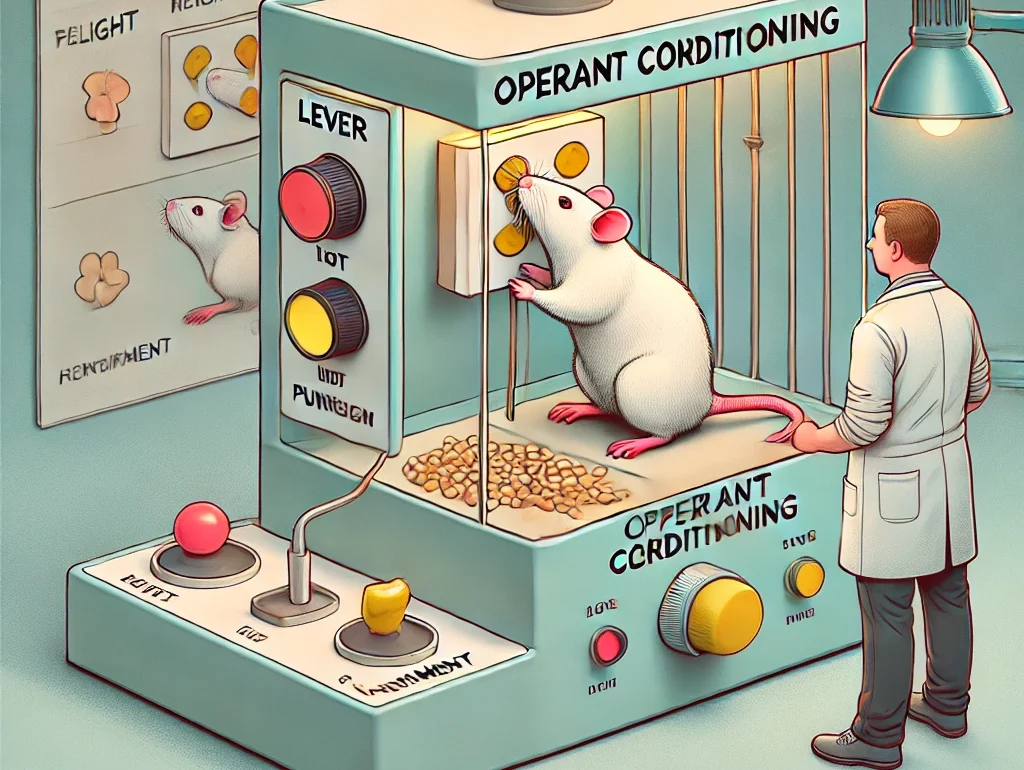
Have you ever struggled to remember what you had for breakfast last Tuesday? Now imagine being able to recall that — along with what you wore, what the weather was like, and even what was on the news — for nearly every day of your life. It may sound like a superpower, but for a handful of people in the world, this is reality. This rare and remarkable condition is called Hyperthymesia, or Highly Superior Autobiographical Memory (HSAM). It is one of the most intriguing psychological phenomena studied in recent decades.
Hyperthymesia was first formally identified in 2006 by researchers James McGaugh and Larry Cahill at the University of California, Irvine. Their first subject was Jill Price, a woman who could recall almost every day of her life in astonishing detail starting from her adolescence. Since then, only a small number of people worldwide have been identified with the condition. What’s fascinating is that their memory isn’t superior in every area — it’s specific to autobiographical recall. Ask them to memorize a deck of cards, and they might struggle just like anyone else. But ask them what happened on March 3rd, 1991, and they’ll tell you what they wore, what they ate, and what events occurred that day with stunning accuracy.
Scientists are still trying to understand how Hyperthymesia works. Brain scans of individuals with HSAM have revealed slight differences in the size and shape of certain brain regions, particularly those associated with memory and emotional processing — like the amygdala and temporal lobe. There is speculation that these individuals may have a different way of organizing and storing memories, possibly linking each day to a network of emotional significance or calendar-based mental cues. However, no single “memory gene” or clear neurological blueprint has been found to explain the phenomenon fully.
While Hyperthymesia might sound like a blessing, it comes with its own set of challenges. Some individuals report being unable to forget painful or traumatic experiences, making it emotionally exhausting. The constant mental time-travel can also become a distraction in daily life. But even with its drawbacks, this condition offers a powerful window into how memory works, and how much of our past lives might still be stored — just beyond reach. As research continues, the study of Hyperthymesia could not only help us understand memory better, but also illuminate ways to improve it for everyone.
RELATED POSTS
View all


